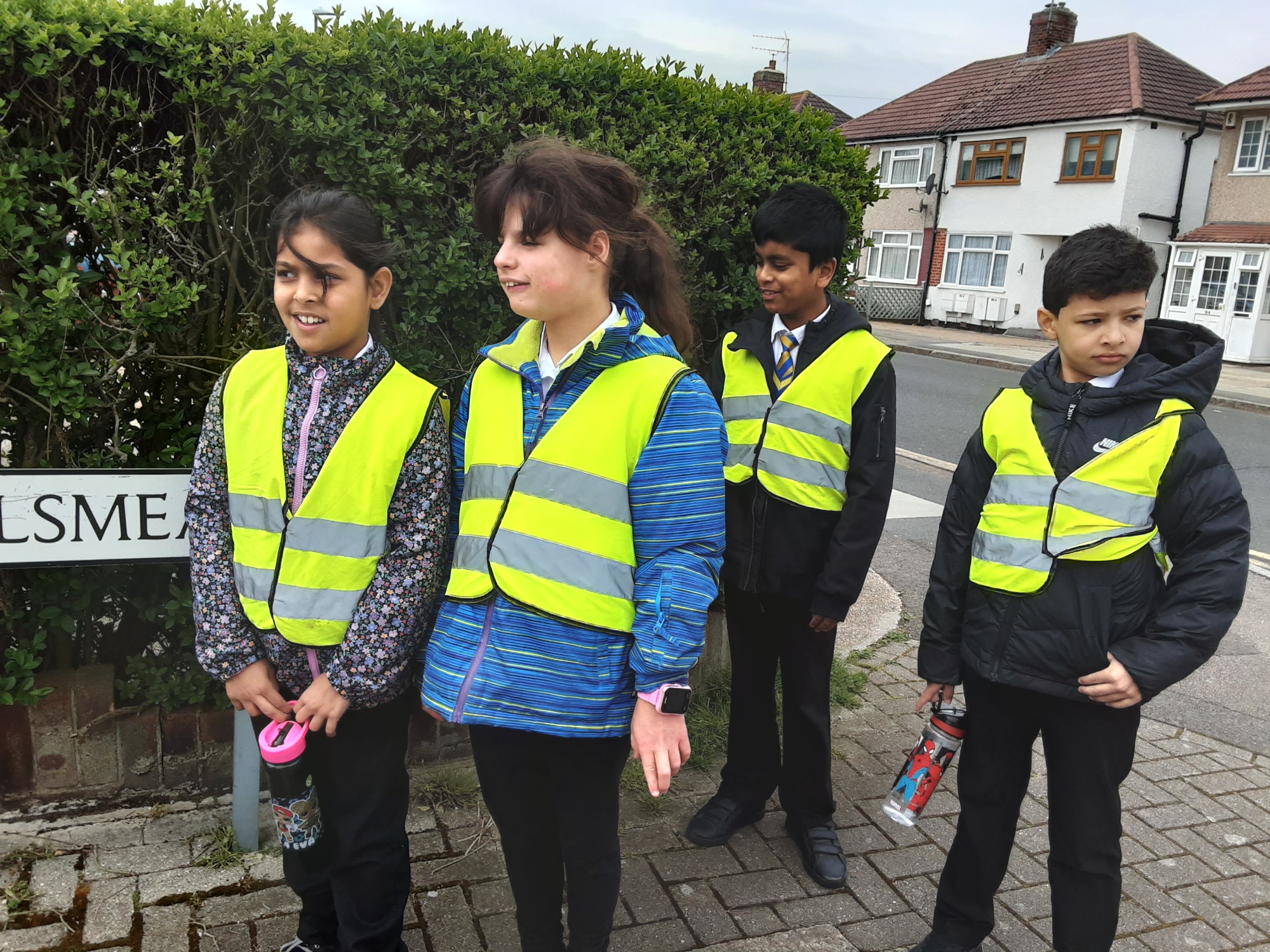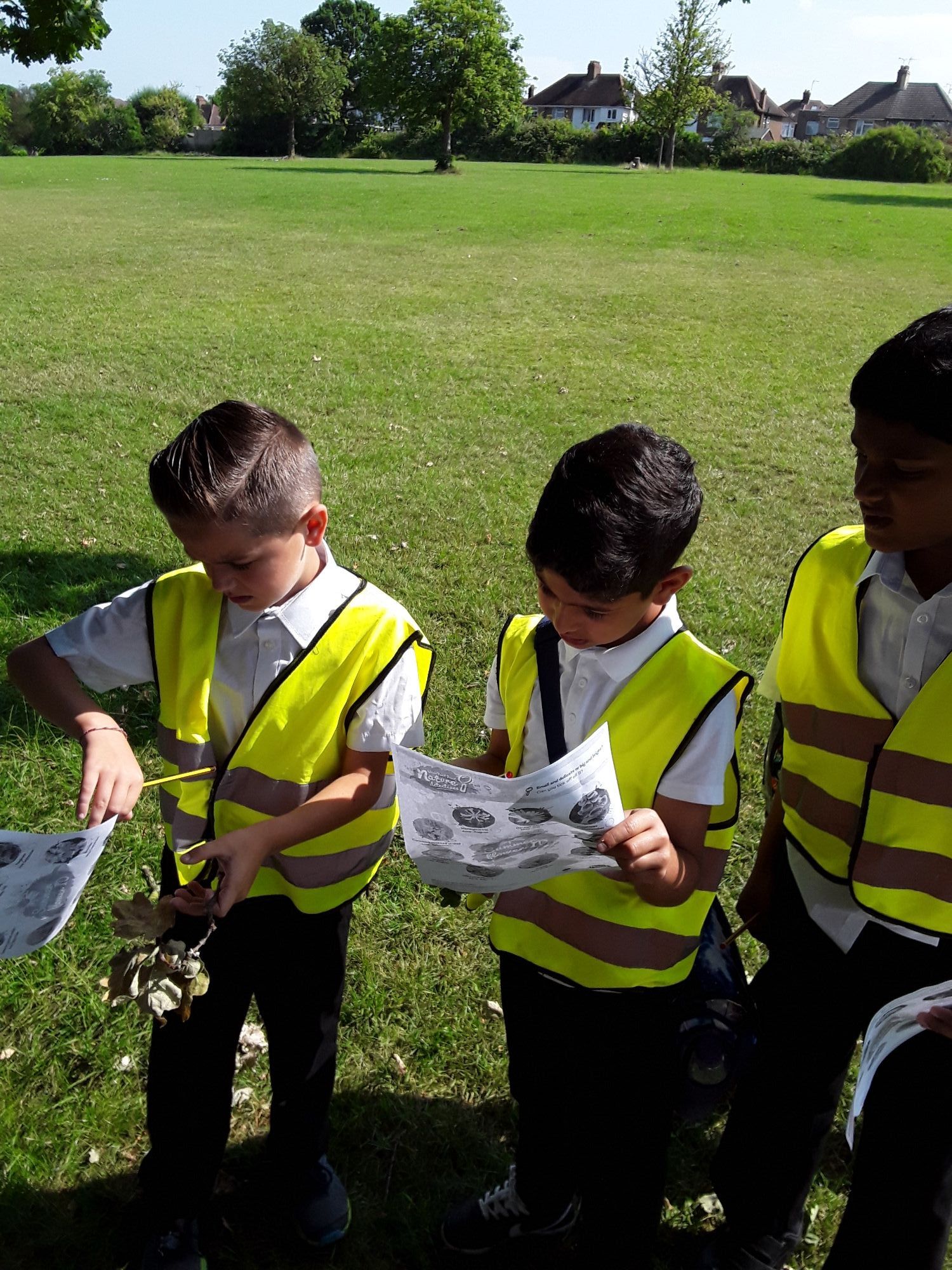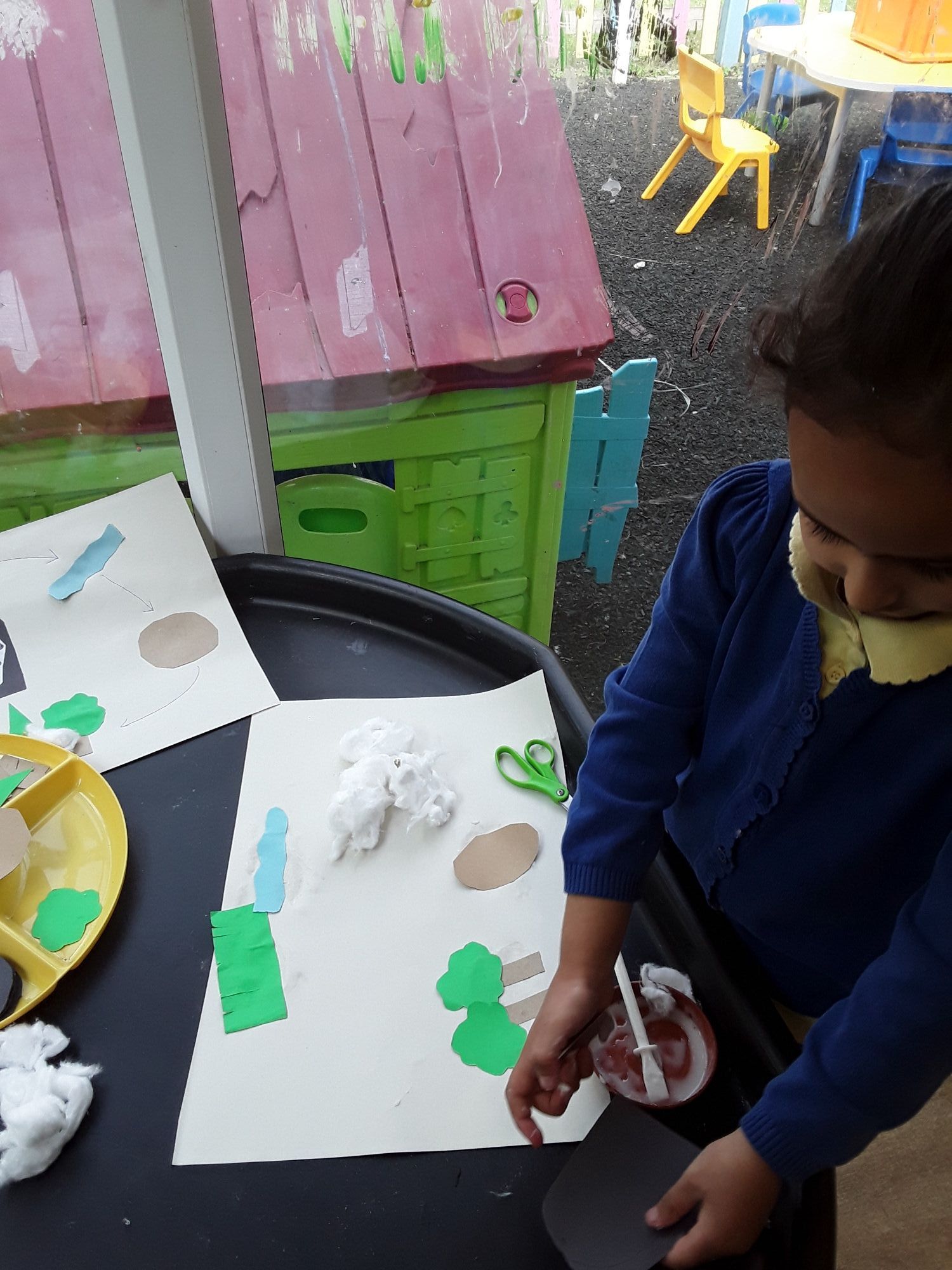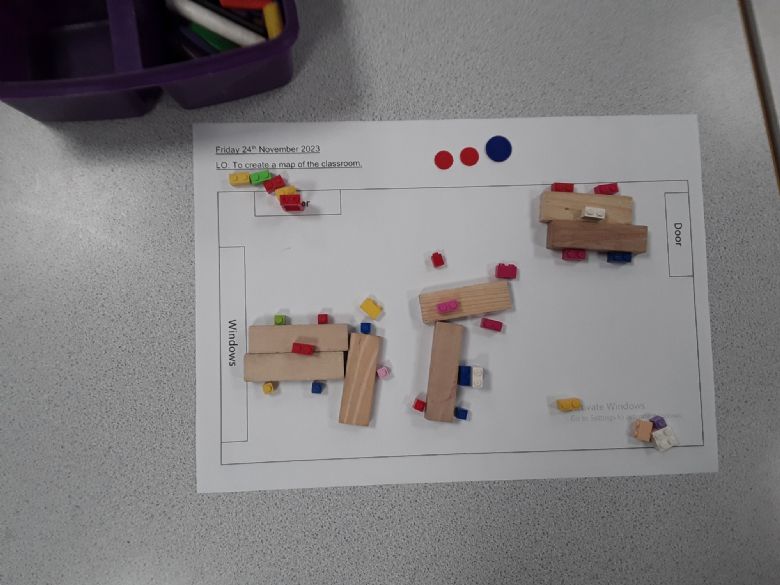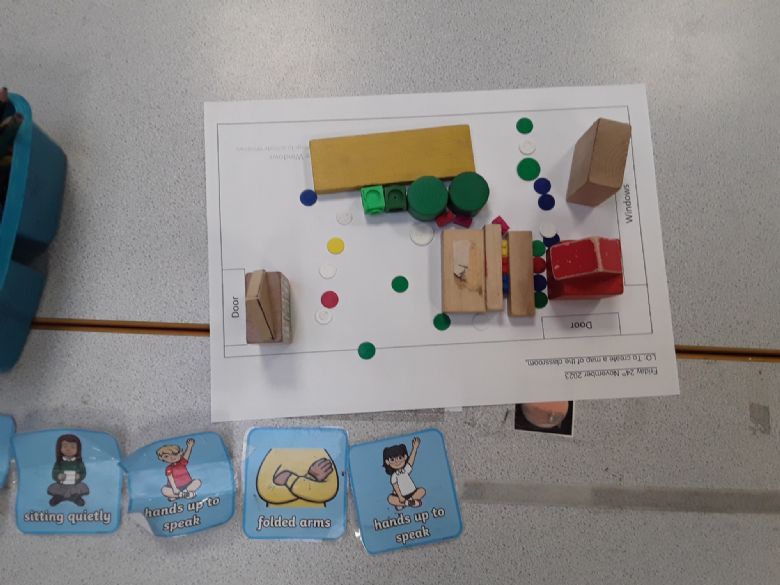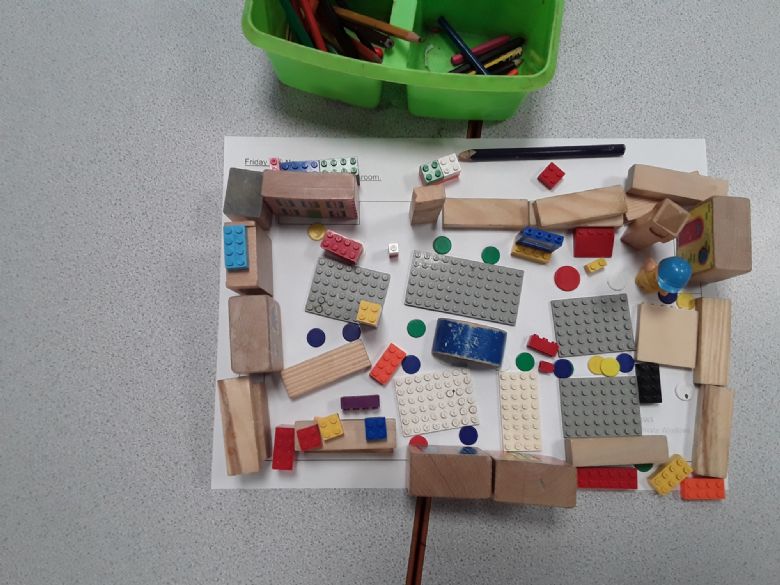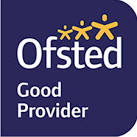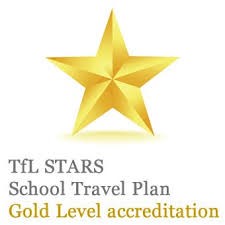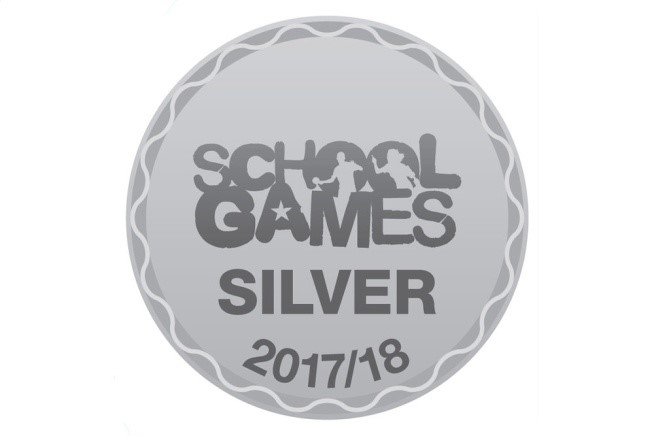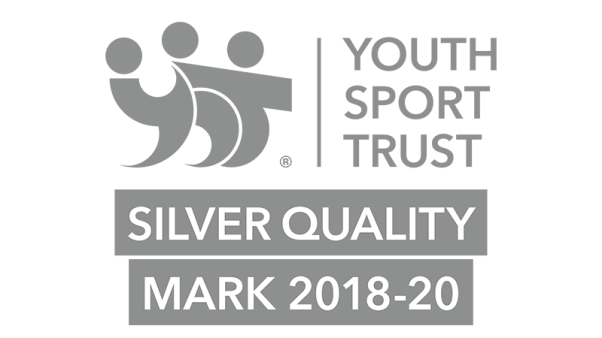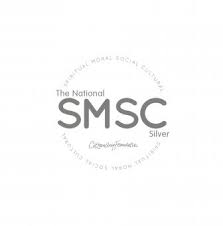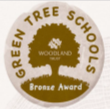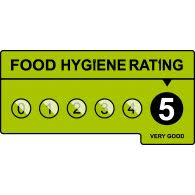Geography
Intent
At Earlsmead Primary School, we believe that Geography ‘underpins a lifelong “conversation” about the earth as the home of humankind.’
Our aim is that key Geographical knowledge, skills and values are taught, sought and caught in learning and life. Our Geography curriculum uses the Kapow scheme of work and is adapted and developed for pupils with a range of needs, abilities and interests. We provide all our pupils with localised knowledge and real or life-like experiences: by exploring our local area, the children firstly familiarise themselves with a sense of place. Pupils are then given opportunities to extent their learning beyond the local area, into the UK and then the wider world. Geographical knowledge and skills are progressive at Earlsmead Primary School. We seek to inspire in children a curiosity and fascination about the Earth and its people, in order to become life-long learners and responsible citizens of the world.
Implementation
In the Early Years, it is the first opportunity to see how a child interacts with their environment and how the environment influences them. Children are guided to make sense of their physical world and their community by exploring, observing and finding out about people, places, technology and the environment – this is the first step to becoming a geographer!
In KS1 and KS2, teachers maintain strong links to the National Curriculum guidelines to ensure all aspects, knowledge and skills of Geography are being taught across all year groups.
Our Geography topics:
- Begin with a KWL grid and introducing knowledge mats linked to the topic of learning. This encourages pupils to recall prior learning, ask questions and develop vocabulary and curiosity.
- Feature regular ‘POP (Proof of Progress) quizzes’ as opportunities for spaced retrieval. This helps to provide the teacher with important information on progress made in a unit.
- Build geographical expertise from the local area to the wider world. This includes locational knowledge, understanding of human and physical features and geographical and fieldwork techniques.
- Include a cycle of lessons for each subject, which carefully plans for progression and depth, concentrating on the geographical skills suited to the age group.
Impact
Well-constructed and well-taught lessons provide pupils with opportunities to research and apply skills independently – skills essential for lifelong learning. Book scrutiny indicates what pupils have learnt with all learning building towards clearly defined end points. POP quizzes and tasks provide further information for teachers to form well rounded judgements.
Pupils leave KS2 with a strong knowledge of their local area and a confidence of the location of other countries and cities around the world. Pupils will be able to discuss and recall a variety of events and where they happened in the world, as well as explain aspects of human and physical geography, and confidently use maps and atlases (physical and digital).
Knowledge and skills will have developed progressively to not only enable them to meet the requirements of the national curriculum, but to prepare pupils to become competent geographers in secondary education. We want pupils to have thoroughly enjoyed learning about geography, therefore encouraging them to undertake new life experiences now and in the future.
